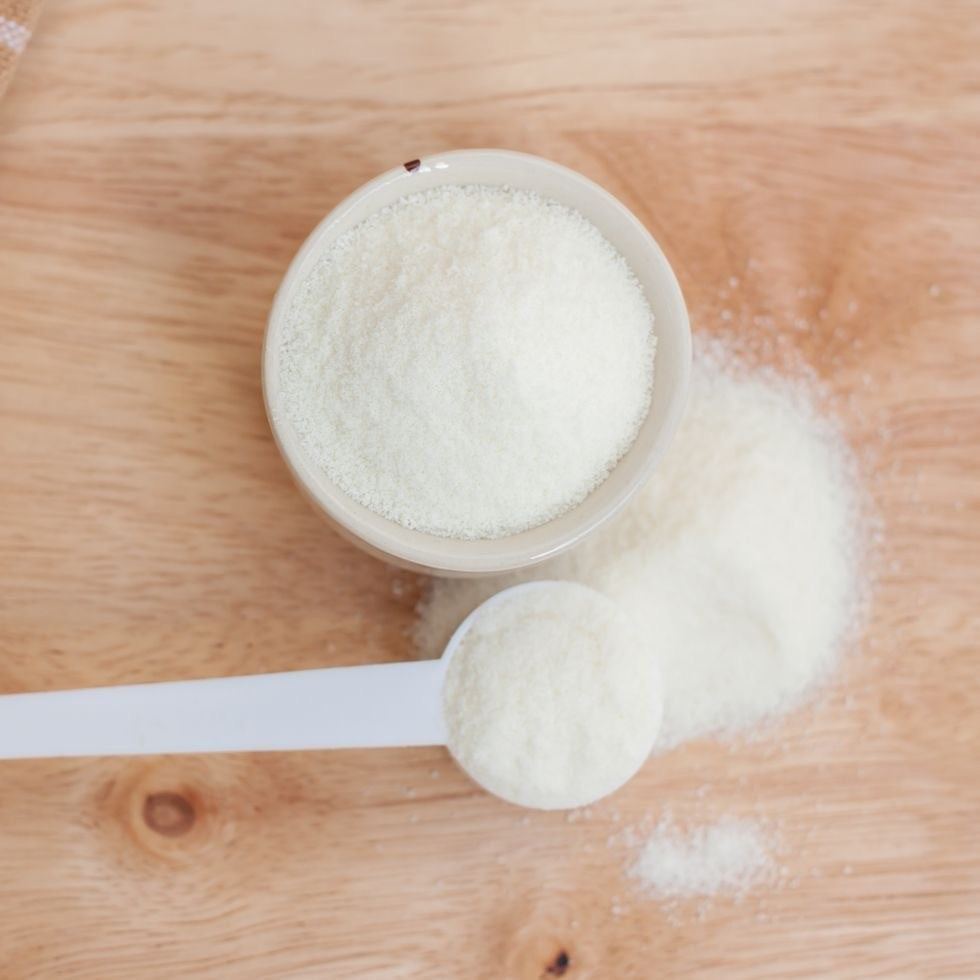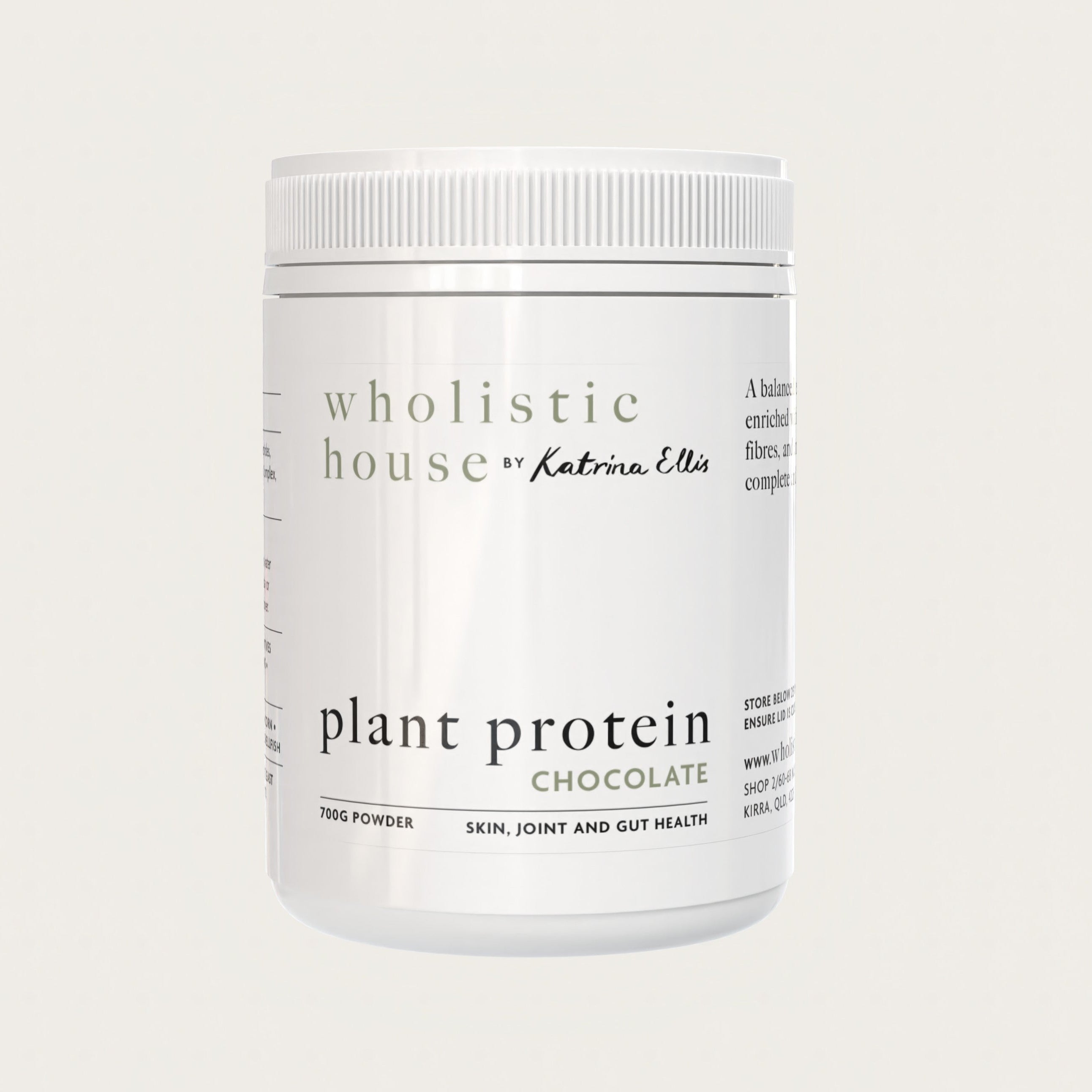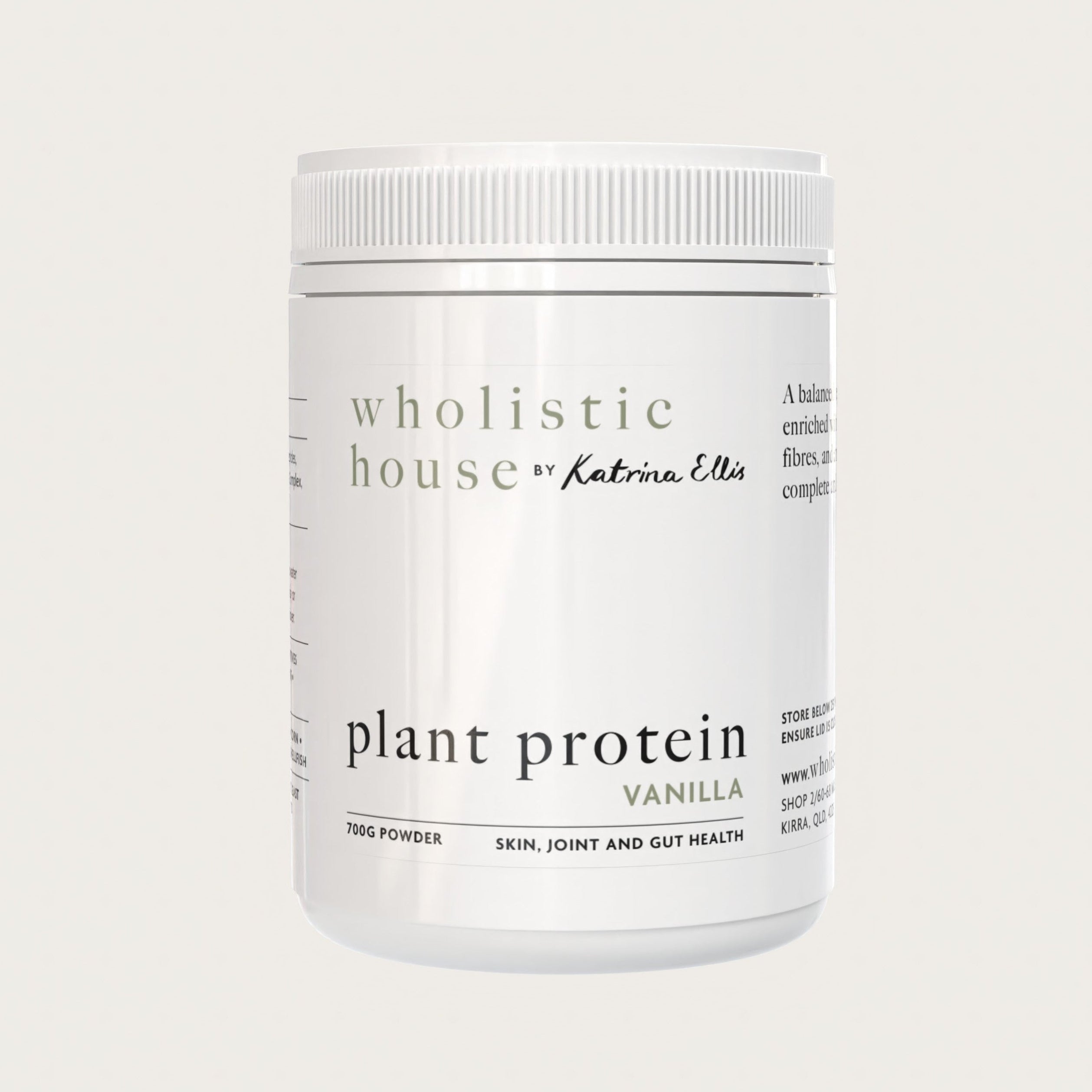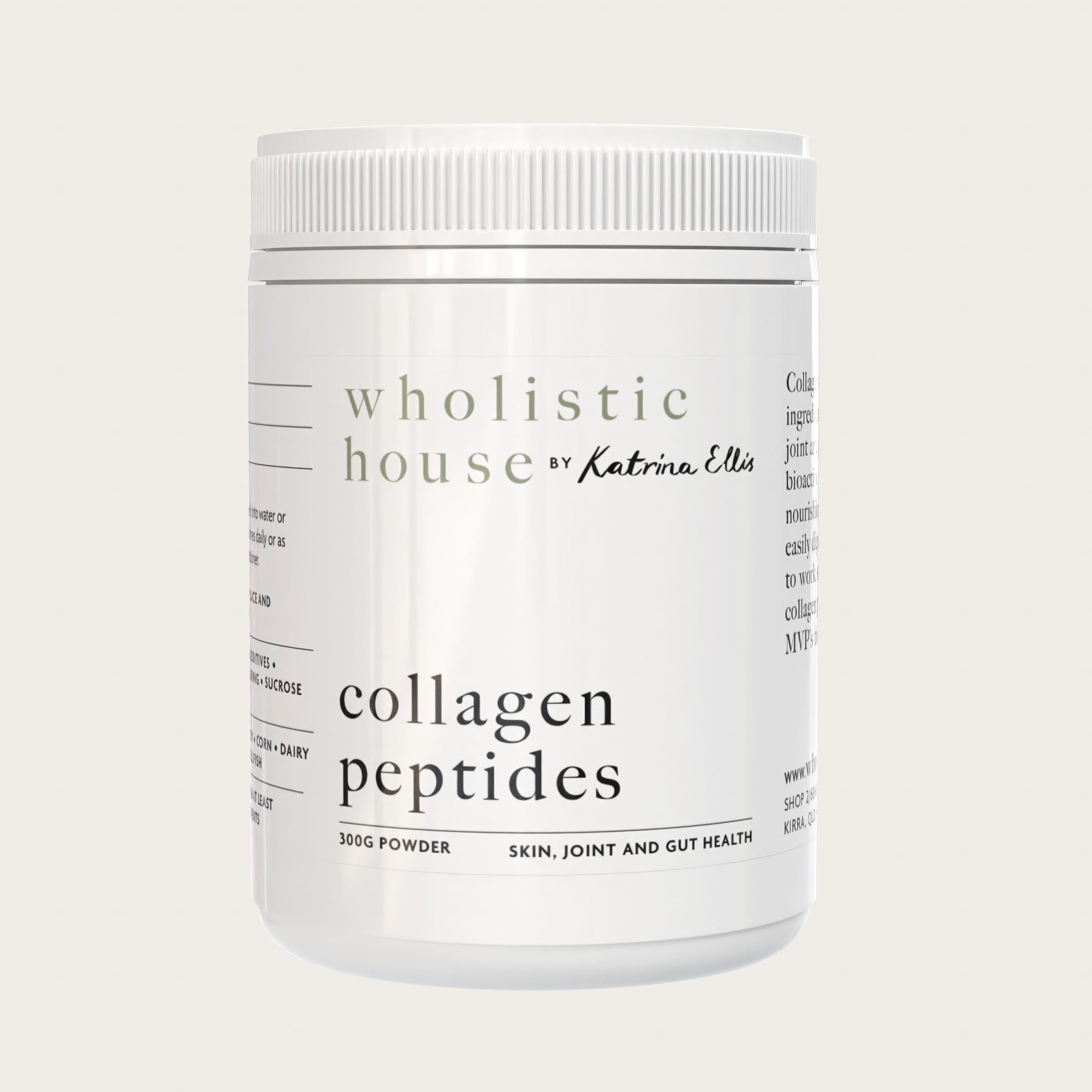
Collagen Supplements: Hype or Reality? Are They Worth Taking?
Naturopathic Doctor, Clinical Herbalist, Iridologist and Best-Selling Author
Almost everyone you meet today is taking some form of collagen supplement. But why is collagen so popular, and does this miracle substance deliver on its claims? To fully understand the benefits of collagen and which types of supplements may be effective, it's essential to recognise collagen's role in the human body.
Collagen is the most abundant protein in the body, providing structure and strength to our skin, bones, joints, tendons, gut lining, and other connective tissues. As we age, collagen production naturally decreases, which can lead to signs of aging and various health issues. Certain nutrients are essential for collagen production, including vitamins C, E, and A, as well as the amino acids proline, lysine, glycine, copper, zinc, and silica. A deficiency in any of these nutrients can hinder collagen production.
It is crucial to ensure that your diet includes these key nutrients to maintain optimal collagen levels in your body. If you're concerned about your collagen levels, adding a high-quality collagen supplement to your daily wellness routine could be beneficial. However, it's important to note that not all collagen supplements are created equal.
In this article, I will explain the benefits of collagen, highlight essential foods that can boost the body's natural collagen production, and guide you in finding a high-quality collagen supplement. First, look at collagen's potential health roles in the human body.
The Healing Roles of Collagen
Collagen plays a vital role in the human body by enhancing all connective tissues' structure, integrity, and quality. Here are some key benefits of collagen:
Improved Skin Health: Collagen supports skin elasticity and hydration. As we age, collagen production decreases, leading to wrinkles and sagging skin. Studies suggest collagen supplementation boosts skin elasticity, reduces wrinkles, and improves hydration. Some research indicates that it may increase skin moisture levels, making the skin appear younger and plumper. Additionally, collagen may help reduce cellulite and enhance skin texture.

Joint Health and Pain Relief: Collagen is an essential component of cartilage, which helps keep joints flexible and strong. Taking collagen supplements may promote better joint health by improving the strength and integrity of cartilage. Research has shown that collagen supplementation can help reduce joint pain associated with osteoarthritis.
Bone Health: Collagen contributes to the structure and strength of bones. As collagen production declines with age, bones may become more brittle and prone to fractures. Studies have shown that collagen supplements can help improve bone density in individuals with osteopenia or osteoporosis.
Muscle Mass Strength: Collagen plays a key role in muscle structure. Research suggests collagen supplementation can help increase muscle mass and strength, particularly when combined with strength training exercises. For older adults experiencing muscle loss, collagen may assist in rebuilding lean muscle tissue and preventing further degeneration.
Hair and Nail Health: Collagen provides the building blocks for healthy hair and nails. Supplementing with collagen may strengthen hair follicles, improve nail growth, and reduce brittleness and breakage. Some studies suggest that collagen supplementation could promote rapid hair growth, especially for individuals facing thinning hair or hair loss due to aging or hormonal changes.

Gut Health and Digestion: Collagen contains beneficial amino acids, such as glycine and glutamine, which support gut health. Some studies suggest that collagen can help nourish and repair the intestinal lining, which is crucial for digestive health. This may be particularly relevant for individuals with leaky gut syndrome, where the gut lining is damaged, leading to inflammation and poor nutrient absorption. Healing the gut lining can improve digestion and alleviate symptoms like bloating, constipation, and discomfort. It may also benefit those with irritable bowel syndrome (IBS) or other digestive disorders.
Cardiovascular Health: Collagen is an essential component of blood vessels, helping to maintain their strength and elasticity. Taking collagen supplements may support better vascular health by enhancing the structure and integrity of arteries and veins. Studies suggest collagen can help lower blood pressure and improve overall cardiovascular function, potentially positively influencing cholesterol levels and supporting heart health.
Weight Loss: Some studies indicate that collagen supplementation may aid in weight loss by increasing feelings of fullness after meals. This effect can help reduce overeating and snacking between meals. Additionally, collagen supports muscle mass maintenance, boosting metabolism and enhancing the body's ability to burn calories efficiently, especially during exercise.
How to Choose the Right Collagen Supplement
Collagen has healing properties, but the effectiveness of a collagen supplement depends on selecting the right type. How can you choose a good quality collagen supplement that meets your needs? The "best" collagen supplement can vary depending on your goals. Still, generally, the most recommended and effective forms are hydrolyzed collagen peptides, typically derived from bovine sources. This form of collagen is easily absorbed and contains types 1 and 3 collagen, the most critical peptides for your body.
Hydrolyzed bovine collagen
This is obtained from beef and is broken down into smaller peptides, making it easier for your body to absorb and utilize. It offers many benefits for skin, hair, nails, gut, and joint. When purchasing bovine collagen, it is essential to ensure it is non-GMO, grass-fed or pasture-raised and free from artificial additives or preservatives. A high-quality hydrolyzed collagen supplement should contain significant amounts of types 1 and 3 collagen. Type 1 collagen is the most abundant collagen in the human body. It is necessary to structure tendons, skin, organs, and bones. It helps maintain skin elasticity, firmness, and hydration, reducing the formation of wrinkles and promoting a more youthful appearance. Additionally, it supports bone strength and the structure and strength of tendons, aiding recovery from injuries. Type 3 collagen, found in the skin, blood vessels, and internal organs, promotes skin elasticity and the regeneration of new skin cells, improving skin texture and firmness. It also plays a role in maintaining the health of blood vessels. Both types 1 and 3 collagen are critical for gut lining health.
Multi-Collagen Proteins
Some supplements feature a blend of collagen from various sources, including bovine, chicken, fish, and eggshell membranes. This combination can provide a wide range of collagen types, including 1, 2, 3, 5, and 10, offering extensive benefits for skin, joints, and gut health. The inclusion of type 2 collagen is particularly beneficial for enhancing joint health.
Marine Collagen
Marine collagen primarily contains type 1 collagen, the most abundant type in the human body, especially in hair, skin, and nails. The peptides in marine collagen are tiny, allowing for high absorption capabilities and potentially significant skin health benefits. However, it lacks type 3 collagen, which is essential for supporting bones, joints, and tendons. When selecting marine collagen, it is crucial to consider its sourcing to ensure sustainability.
When choosing a collagen supplement, look for grass-fed, pasture-raised, or wild-caught products to guarantee quality and sustainability.
Types of Collagens
Collagen supplements come in different forms, but the most commonly used types are:
Type I Collagen: The most abundant type of collagen found in the skin, bones, tendons, and organs is often recommended for skin, bone, and hair health.
Type II Collagen: Found in cartilage and is typically used to support joint health and cartilage integrity.
Type III Collagen: Found in skin, muscles, and blood vessels. It's often combined with Type I for skin, muscles, and vascular health.
Boosting Collagen with Diet
To naturally enhance collagen production, focusing on a diet rich in the nutrients supporting the body's collagen synthesis process is essential. Collagen, a protein of amino acids, requires several vitamins and minerals for its creation and maintenance. Here's a guide to the best foods and nutrients to incorporate into your diet to boost collagen production:
Protein-Rich Foods (Amino Acids): Collagen is primarily made of amino acids, so consuming protein-rich foods will provide the necessary building blocks for collagen synthesis. Pay particular attention to foods high in glycine, proline, and hydroxyproline, key amino acids in collagen.
Chicken: A good source of collagen, especially from the skin and cartilage.
Beef: Particularly from the skin, bones, and cartilage.
Fish and Shellfish: Rich in collagen, especially from the skin and bones (e.g., salmon, sardines, shrimp).
Eggs: A good source of proline needed for collagen production, rich in the whites
Dairy Products: High in protein and amino acids that support collagen formation.
Bone Broths: Excellent sources of collagen.

Vitamin C: is crucial for collagen synthesis as it aids in the hydroxylation of proline and lysine, two amino acids that form collagen fibres. Without adequate vitamin C, collagen production may be impaired. Good sources of vitamin C include:
Citrus fruits (e.g., grapefruit, lemons, limes, tangerines)
Berries (e.g., strawberries, blueberries, raspberries, blackberries)
Bell peppers, kiwifruit, broccoli, and tomatoes
Copper: Shellfish (like oysters, lobster, and crabs), nuts and seeds (such as sesame and cashews), dark chocolate, organ meats (e.g., beef liver), legumes, and whole grains are excellent sources of copper. Copper is a trace mineral essential for collagen production as it activates enzymes involved in collagen cross-linking, strengthening collagen fibres' structure.
Zinc: Found in Shellfish, meats (like lamb), legumes, ginger, spinach, nuts, and seeds (especially pumpkin seeds) supports collagen synthesis and plays a role in adequately functioning enzymes contributing to collagen formation.
Vitamin A: Found in Grass-fed liver, sweet potatoes, pumpkin, carrots, and ghee are needed for developing and maintaining collagen-rich tissues. It supports the activity of enzymes required for collagen production.
Omega-3 Fatty Acids: Help reduce inflammation and prevent the breakdown of collagen. Rich sources include oily fish (salmon, sardines, mackerel, and anchovies), chia seeds, flaxseeds, walnuts, and avocados.
Vitamin E: Found in nuts, seeds, and green leafy vegetables, help to protect collagen from damage caused by oxidative stress thereby promoting better collagen preservation.
Manganese: Produces proline, a key amino acid needed for collagen production. It also supports several enzymes needed for collagen integrity and formation, Good sources include nuts and seeds, spinach, brown rice, quinoa, pineapple, legumes, green tea, and shellfish.
Incorporating these foods and nutrients into your diet can effectively support and naturally boost collagen production.
In health, happiness and harmony,

Referenced products







Leave a comment
This site is protected by hCaptcha and the hCaptcha Privacy Policy and Terms of Service apply.
All comments are moderated before being published.